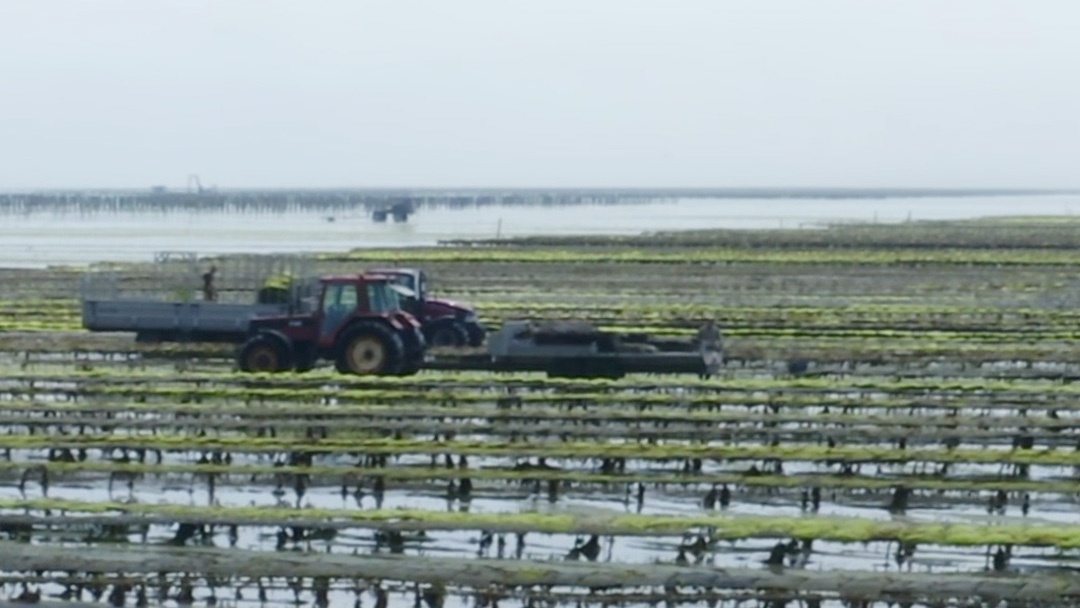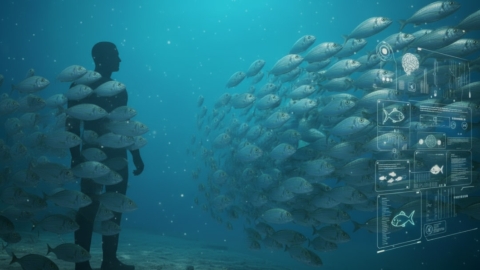
The European Mollusc Producers Association (EMPA) has urged the European Commission to simplify the bureaucracy surrounding EU environmental legislation, warning that current procedures are hampering the sector’s viability.
In a report sent to the Commission, EMPA argues that mollusk farming is a low-impact, nature-based activity which not only provides food but also delivers environmental benefits such as water filtration and coastal protection.
However, the association says producers face disproportionate administrative hurdles, including duplication between EU directives such as the Water Framework Directive, the Marine Strategy Framework Directive and Natural 2000, alongside lengthy delays in obtaining and renewing licences.
EMPA stresses it does not seek to weaken environmental safeguards, but calls for rules that are more efficient, proportionate and consistent across member states. The lack of harmonization, it warns, has led to divergent interpretations that place small, mostly family-run business at risk.
The report sets out several recommendations, including stronger coordination between the Commission’s directorates for Maritime Affairs and Fisheries (DG Mare), Environment (DG ENVI) and Health and Food Safety (DG SANTE). It also calls for a clearer legal framework for sustainable aquaculture, with “fast-track”, risk-based licensing procedures reflecting the sector’s minimal environmental foot print and positive contributions.
Further proposals include recognizing low-trophic aquaculture as a strategic use of coastal waters, setting binding EU targets for 2040, improving access to finance for small operators, and establishing mechanisms to reward or acknowledge the ecosystem services provided by shellfish farms.


